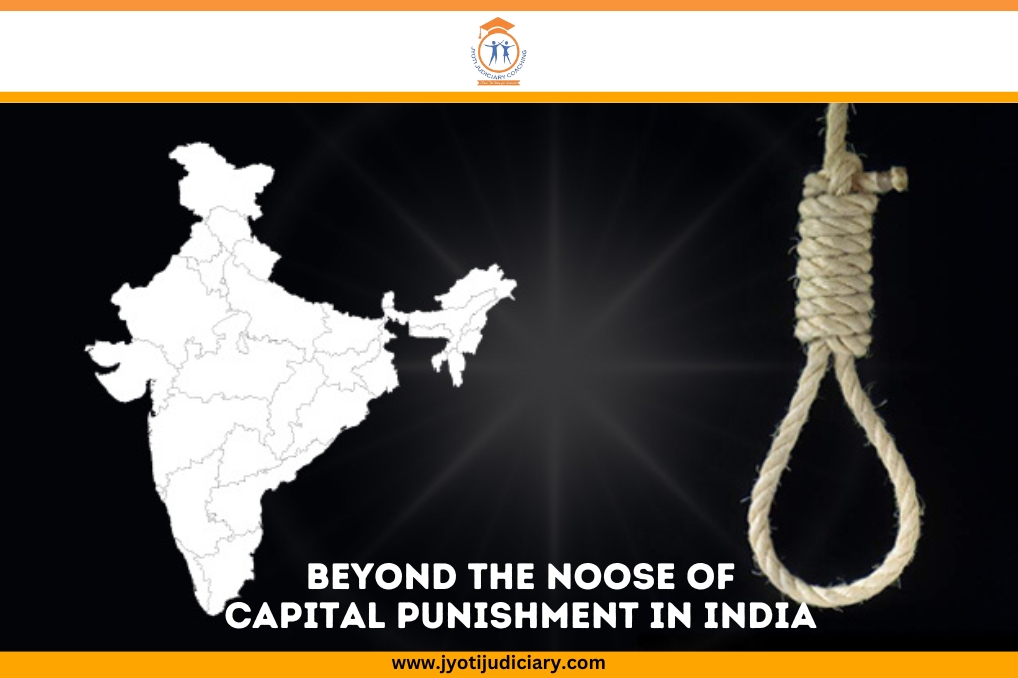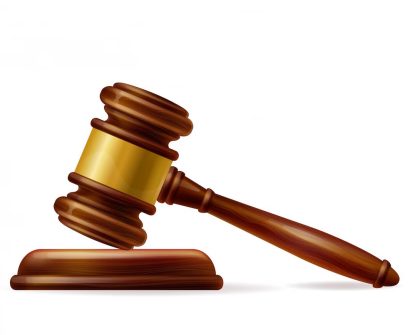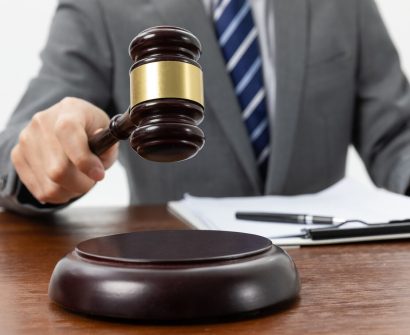
The application of capital punishment, the most severe form of judicial punishment, is continually contentious globally, and India is no exception. Some argue that it is vital to deter criminal activity, whilst others urge its elimination based on ethical, moral, and humanitarian considerations.
Capital punishment has been progressively abolished globally in recent years because more nations have come to recognize its inherent flaws and inefficiencies. The controversy over capital punishment in India is nuanced and reflects a conflict among moral, social, and legal viewpoints.
Capital Punishment in India: About
The death sentence is sometimes known as capital punishment in India. As per the capital punishment meaning, it is the harshest type of punishment available. The Death Penalty Law in India is applied to the most heinous and serious offenses against human beings.
The Indian Penal Code lists a number of significant crimes for which capital punishment may be applied.
- Sections 302 and 396 deal with murder,
- Section 120B deals with criminal conspiracy,
- Section 121 deals with waging war against the Indian government or attempting to do so, and
- Section 132 deals with the abetment of mutiny, etc.
Under Article 72 of the Indian Constitution, the President may pardon or reduce a sentence to life in prison, even though the imposition of the sentence does not always lead to execution.
Capital Punishment under IPC: Important Sections
- One of the crimes connected to the death penalty is betting or attempting to wage war against India. Section 121 of the Indian Penal Code provides a specific description of war crimes.
- In accordance with Section 194, faking evidence in order to get a capital conviction for a crime carries a death sentence. Anyone found guilty of such a crime could be executed.
- A murder conviction carries a life sentence or the death penalty under Section 302 of the IPC.
Capital Punishment Cases
- The capital punishment was first contested in the Jagmohan Singh v State of Uttar Pradesh case on the grounds that it violated an individual’s right to life as guaranteed by Article 21 of the Indian Constitution. The justices in this decision argued that capital punishment is constitutionally permissible and does not contravene any of the document’s articles. After weighing all the pertinent data and the details of the criminal offense as they were given during the trial, the choice between the death penalty and a life term in prison was made.
- The ruling in Bachan Singh’s case, as well as the parameters set down in Manoj v State of Madhya Pradesh, were maintained. The Court concluded that the rules established in the Bachan Singh case must be followed for each individual case based on its particular circumstances and that capital punishment is only applicable in cases where all other options have been clearly forfeited.
Legal Process for Capital Punishment
- The Court of Session is the venue for all capital cases under regular criminal law trials.
- If the Court of Session grants a death sentence, the matter must be sent to the relevant High Court in order for the death sentence to be confirmed.
- Then, there is the hearing for confirmation before the state High Court.
- Proceedings move to the Supreme Court of India.
- Then, the right to pardon is requested by the Governor of State or President of India.
- If the right to pardon is rejected, then one can file a writ petition.
Human Rights and Capital Punishment
- The death penalty, often known as capital punishment, should only be used in extremely exceptional circumstances. Capital punishment is the subject of several discussions amongst social activists, legal reformers, judges, jurists, lawyers, and administrators worldwide.
- Humans are neither demons nor angels, with the ability to perform solely evil or only good.
- Since criminality is an inherent part of human nature, it is impossible to eradicate it entirely from society. Since criminals are a part of our society, it is our responsibility to help them change and become law-abiding citizens.
- In order for criminals to exercise some of their fundamental human rights, attitudes toward them should also shift.
Capital Punishment: Current Legal Status
- Due to reservations regarding the way death punishment is used in courts, the Supreme Court has decided to look into the process on its own.
- The Supreme Court will discuss developing guidelines for determining mitigating circumstances in capital punishment cases.
- According to a ruling by the SC, the accused person must be given a meaningful, authentic, and efficient hearing in addition to the chance to submit any relevant evidence on the proposed sentence.
- The Supreme Court further suggested that in situations involving capital punishment, consideration should be given to the convict’s age, education, and social background.
- Prior to deciding whether or not capital punishment should be used, care should be taken to examine the psychological health and post-conviction behavior of the offender.
Capital Punishment FAQs
What are the examples of capital punishment?
Across the world, execution techniques include gas asphyxiation, electrocution, hanging, gunshot, beheading, stoning, crucifixion, and lethal injection.
Why is the death penalty wrong?
Because it disproportionately affects some groups, causes mental and physical suffering, burdens taxpayers, and neither prevents nor addresses the underlying causes of crime, the death sentence is wrong.
In which case capital punishment is given?
India has the authority to apply the death sentence for a number of crimes, such as murder, treason, offenses related to terrorism that carry the death penalty, and some rape cases that result in the victim’s death.
What is the most popular capital punishment?
Although lethal injection is the most common method of execution, numerous states also permit firing squad, electrocution, and fatal gas.
Is capital punishment good or bad?
For the worst offenses, the death penalty is thought to be the most appropriate punishment and a powerful deterrent. Conversely, those who are against it consider it to be cruel.
Is the death penalty moral?
Arguments in favor of the death penalty frequently center on society’s moral duty to safeguard the security and well-being of its members. Murderers put this welfare and safety at risk. Society can only guarantee that convicted killers do not commit new murders by putting them to death.
Who can give capital punishment?
Subordinate courts that handle cases with a criminal aspect are called session courts. Therefore, the Sessions court has the authority to condemn someone to death for a number of heinous crimes.
Is capital punishment legal in India?
“The legal death penalty is the capital punishment. India only imposes the death penalty for really serious crimes.” According to the Criminal Procedure Code, 1973, section 368, High Courts have the ability to confirm death sentences.
What is the strongest punishment?
The death penalty is a more effective deterrence of others and causes the criminal less agony because the deterrent effect of punishment is based more on appearances than reality.
Why is capital punishment necessary?
The application of this penalty has assisted in deterring crime and influencing potential offenders’ decisions not to commit horrible crimes in numerous nations. After a thorough inquiry into the criminal’s offense, the death penalty should only be applied in the rarest of circumstances.
How do you defend the death penalty?
- A suitable form of retaliation for the victims of crime is execution.
- Because people are more afraid of dying than losing their freedom, executions are more successful than incarceration.
- It keeps everyone else in society safe.
With the goal of giving students the best coaching available for law entrance exams including the CLAT, AILET, and various other numerous state judiciary exams, Jyoti Judiciary Coaching, India’s Finest educational Platform, was established. Come enroll now with Jyoti Judiciary!
For any latest news, legal topics, judiciary exams notifications, patterns, etc watch Jyoti Judiciary’s YouTube channel for legal videos for any updates at https://youtube.com/@jyotijudiciarycoaching4852?si=2cwubh9d2A9urwJf








